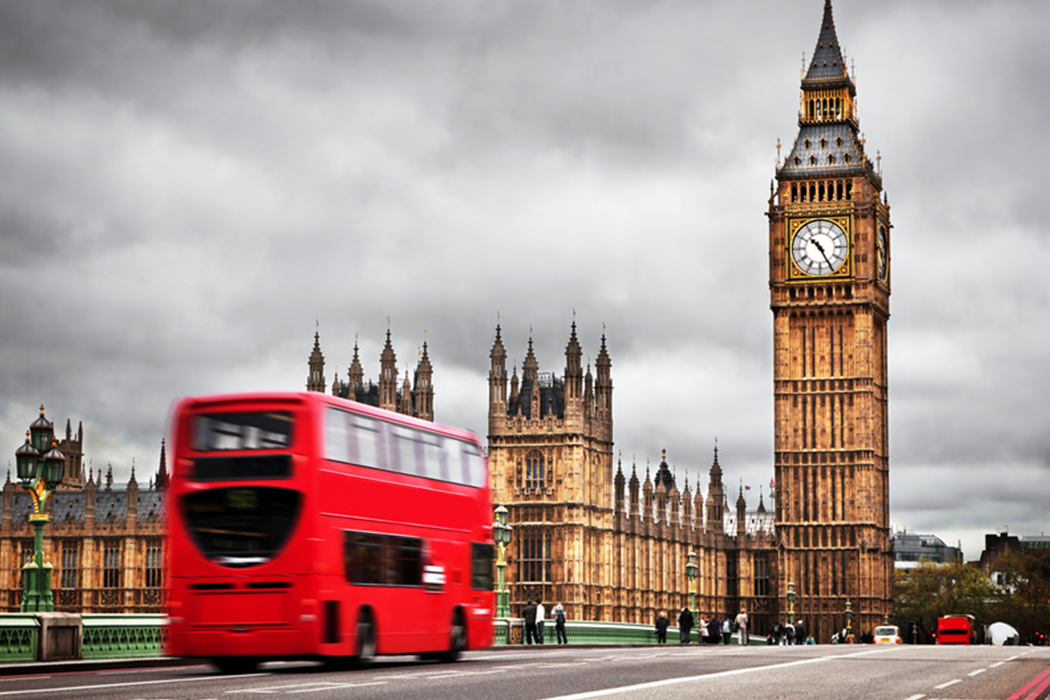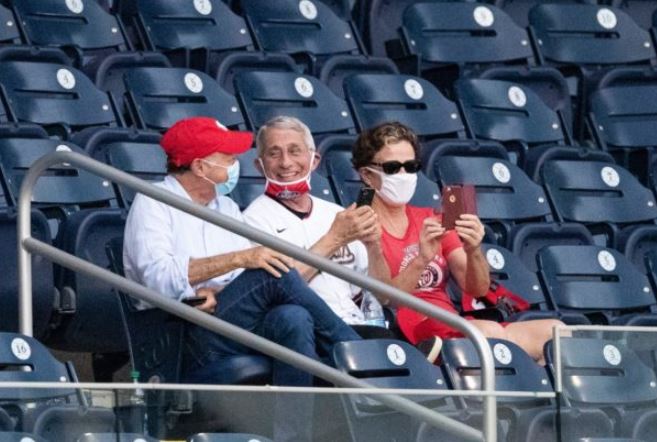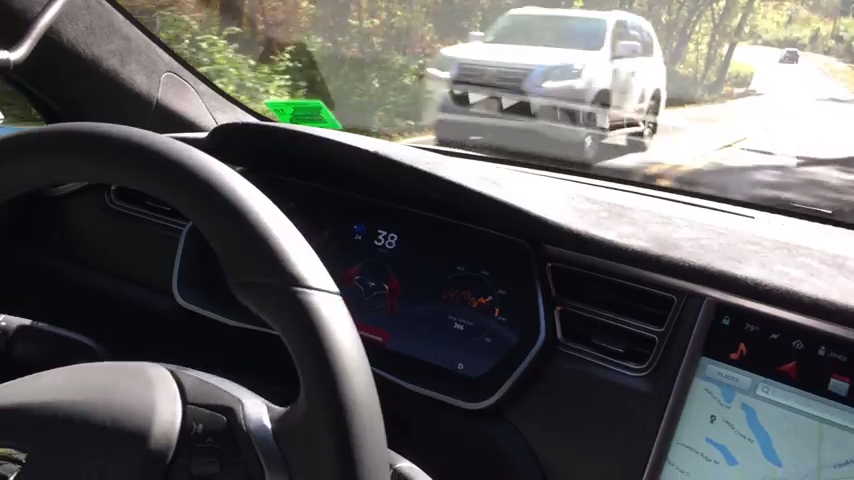
The crime of theft from vehicles is being handled so poorly by police in London that it has effectively become decriminalized, according to reports.
An analysis of Home Office data carried out by The Telegraph revealed that Scotland Yard only solved 271 out of 55,000 thefts in the city last year, which means their success rate is just 0.5 percent. Only two major police forces in the country fared worse, with the police forces of Surrey and West Midlands recording a 0.4 percent rate of charging car thieves.
In comparison, forces such as the Dyfed-Powys Police in Wales had a recording rate of 5.6 percent, which is 10 times the rate of Scotland Yard.
London is known for having the highest rate in the UK of thefts of belongings from vehicles, at 687.51 per 100,000, according to data analysis. The city also made headlines recently for being the UK’s worst region for car theft, with 68 cars stolen there each day, on average.
The director of UK independent policing think tank The Police Foundation, Dr. Rick Muir, said that London has seen an “effective decriminalisation” of car thefts. He added that this failure is emboldening more thieves as they believe they are unlikely to be apprehended.
Although he noted that the victims of such crimes naturally do not expect their cases to be prioritized over more serious offenses, the public does expect them to at least investigate “bread and butter crimes.”
“Policing is going to have to look at these levels and decide if it has got it right. Where the charge rates are at that level, there is no deterrence to commit these kinds of offences and it might encourage people to commit them in future,” he commented.
Controversial police commissioner resigned amid controversy, rising crime rates
A few days prior to the report’s release, it was announced that controversial Metropolitan Police Commissioner Dame Cressida Dick would be replaced by Sir Mark Rowley. Sir Mark is said to be a proponent of the “broken windows” philosophy of policing made famous by former New York City Mayor Rudy Giuliani.
At the heart of the approach is the idea that vigorously enforcing crimes that may seem minor, such as vandals breaking windows, sends a strong message to criminals that worse behavior will not be accepted. It is widely believed to reduce overall crime, something Giuliani demonstrated during his time in charge of the city.
In 1998, he explained: “Obviously murder and graffiti are two vastly different crimes. But they are part of the same continuum, and a climate that tolerates one is more likely to tolerate the other.”
Last month, London’s Metropolitan Police Service was placed under “special measures” after failing to record around 70,000 crimes and allowing a persistent and sizeable backlog of cases involving online child abuse to build up. They will now be subjected to strict monitoring by the HM Inspectorate of Constabulary and Fire and Rescue Services.
Dick resigned after London Mayor Sadiq Khan told her that he was dissatisfied with how she responded to an ultimatum to improve. She was the force’s first female commissioner, as well as its first openly gay commissioner. Her tenure was marked with increasing rates of homicide and rampant knife crimes.
In the year before Covid lockdowns, London recorded its biggest number of homicides in a decade at 150. In 2020, when the city was under one of the strictest lockdowns in the country, they still saw 126 homicides, 15 of which were teenagers. Offenses with knives or sharp blades, meanwhile, numbered 15,600 in 2019-20 prior to lockdown; the figure for 2014-15 was just 9,700.
Sources for this article include:
Please contact us for more information.




















